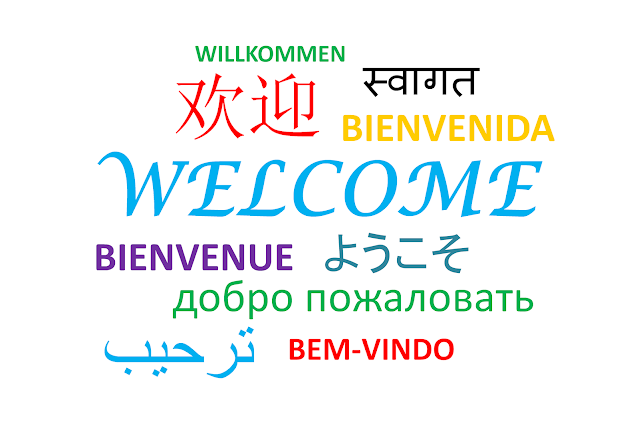
“We seldom realise, for example, that our most private thoughts and emotions are not actually our own. For we think in terms of languages and images which we did not invent, but which were given to us by our society.”
_____________________________________
by Michael Corthell
Why then is today's language inadequate in a future technocratic society? First, we must make a distinction between conversational (or emotional language) and technical language.
- Conversational Speak: Conversational language is sometimes referred to as “everyday language,” “natural language,” or “social communication.” It includes informal language that students might use with peers or adults while playing, shopping, and completing household tasks. MORE
- Technical Speak: Technical language refers to written or oral communication that has specialized content. ... The differences between technical and everyday language center on the use of jargon and assumptions about the audience. However, there are some benefits to the use of technical language over everyday language. MORE
Yes, today's languages, those used commonly and conversationally, are not adequate to use in a future technocratic civilization because they are not accurate enough to transmit specific, scientific information to the listener or society at large.
A Good Example of Technical Speak is Jargon or Lingo
What Others are Saying About the Future of Communication
John McWhorter, [Over time, languages naturally change. In the past, cultural collisions caused by slavery, exploration, and war have pushed them even further, says Columbia University linguist John McWhorter. Today, new forces are at play. Languages are transformed by technological advances that transcend borders and redefine how we communicate—and with whom.] ''Today there are six or seven thousand languages worldwide. Over the course of the next century, there are going to be only about six or seven hundred. The more-common languages will eat up the ones that are geographically isolated or spoken by only a few people.'' MORE
_______________________
Related Lecture
Giant Leaps in Language Technology and Who's Left Behind
by Kalika Bali
(Kalika Bali is a Principal Researcher at Microsoft Research India. She has a firm conviction that technology can empower only if it takes into account the socio-cultural context in which it is to be used.)
''Thousands of languages thrive across the globe, yet modern speech technology -- with all of its benefits -- supports just over a hundred. Computational linguist Kalika Bali dreams of a day when technology acts as a bridge instead of a barrier, working passionately to build new and inclusive systems for the millions who speak low-resource languages. In this perspective-shifting talk, she outlines what happens when a language is omitted from the digital landscape -- and what can be gained when communities keep pace with the future.''
Comments
Post a Comment